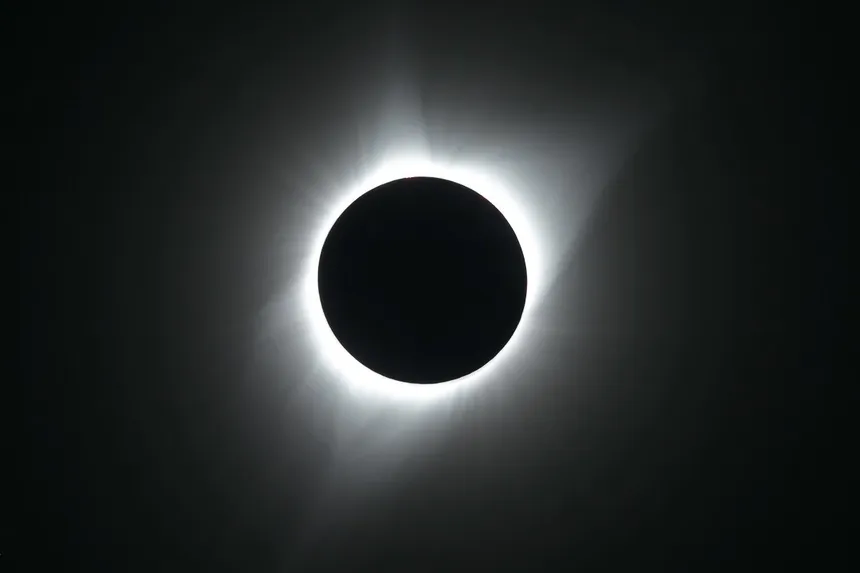As the world has just witnessed the highly anticipated total solar eclipse on April 8, many people are already eager to know when the next solar eclipse will take place. The excitement and frenzy that surrounded Monday’s event will likely be replicated when the next solar eclipse rolls around. This celestial phenomenon is a rare occurrence that has charmd human imagination for centuries, and people will travel to great lengths to witness it. For those who couldn’t make it to North America or the Caribbean to see this year’s eclipse, the thought of the next one is already keeping them up at night.
Fortunately, NASA has provided us with a Look into the future, giving us a sneak peek at the next total solar eclipses. The first one to look out for will take place on August 12, 2026, when the path of totality will sweep across eastern Greenland, the west coast of Iceland, Spain, Portugal, and Russia. This event will be followed by another total solar eclipse a year later, on August 2, 2027, which will cross southern Spain, Gibraltar, and north Africa.
The 2020s won’t be over before we see another total solar eclipse, this time on July 22, 2028, in Australia. And get ready for a total of eight total solar eclipses in the 2030s, with opportunities to witness this spectacular phenomenon in various parts of the world. However, fans of solar eclipses in the United States will have to wait a bit longer, until 2044, when the path of totality will touch several states in the northern parts of the country, as well as Canada.

Future Solar Eclipses to Watch Out For
But even when the next total solar eclipse is still a ways off, there will be plenty of opportunities to witness other types of eclipses. Partial solar eclipses, where the moon covers only part of the sun’s disk, will be visible from various locations around the world. Annular eclipses, where the moon is too far from Earth to completely block out the sun’s light, will also take place. To stay up-to-date with exact times and locations, readers are encouraged to check the Time and Date website.
The anticipation of the next solar eclipse is already building, and with NASA’s help, we can plan ahead and make the most of these rare and awe-inspiring events. Whether you’re a seasoned eclipse chaser or just looking to experience something new, the future holds plenty of celestial excitement. Keep an eye on the skies and get ready to witness the wonders of the solar system!









































